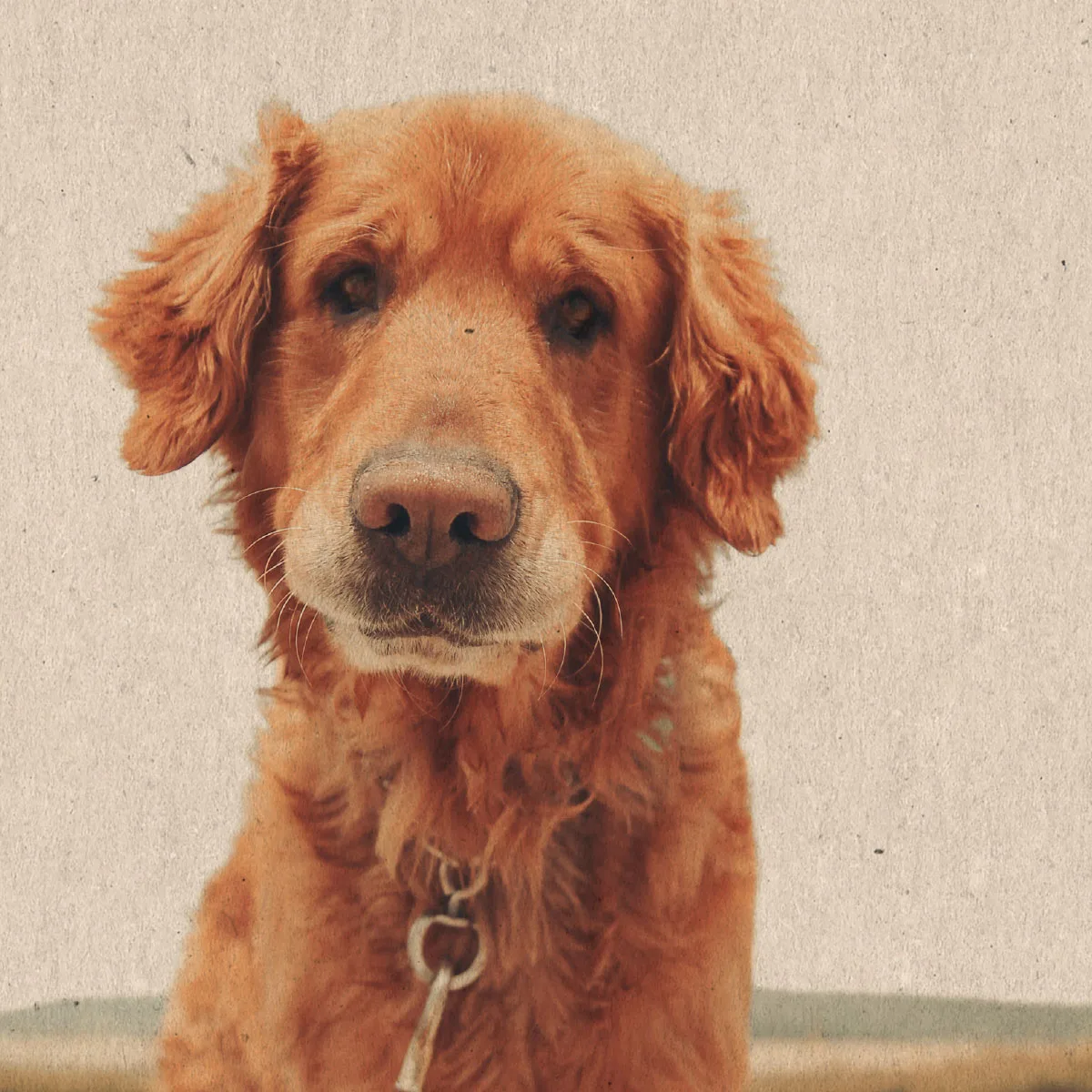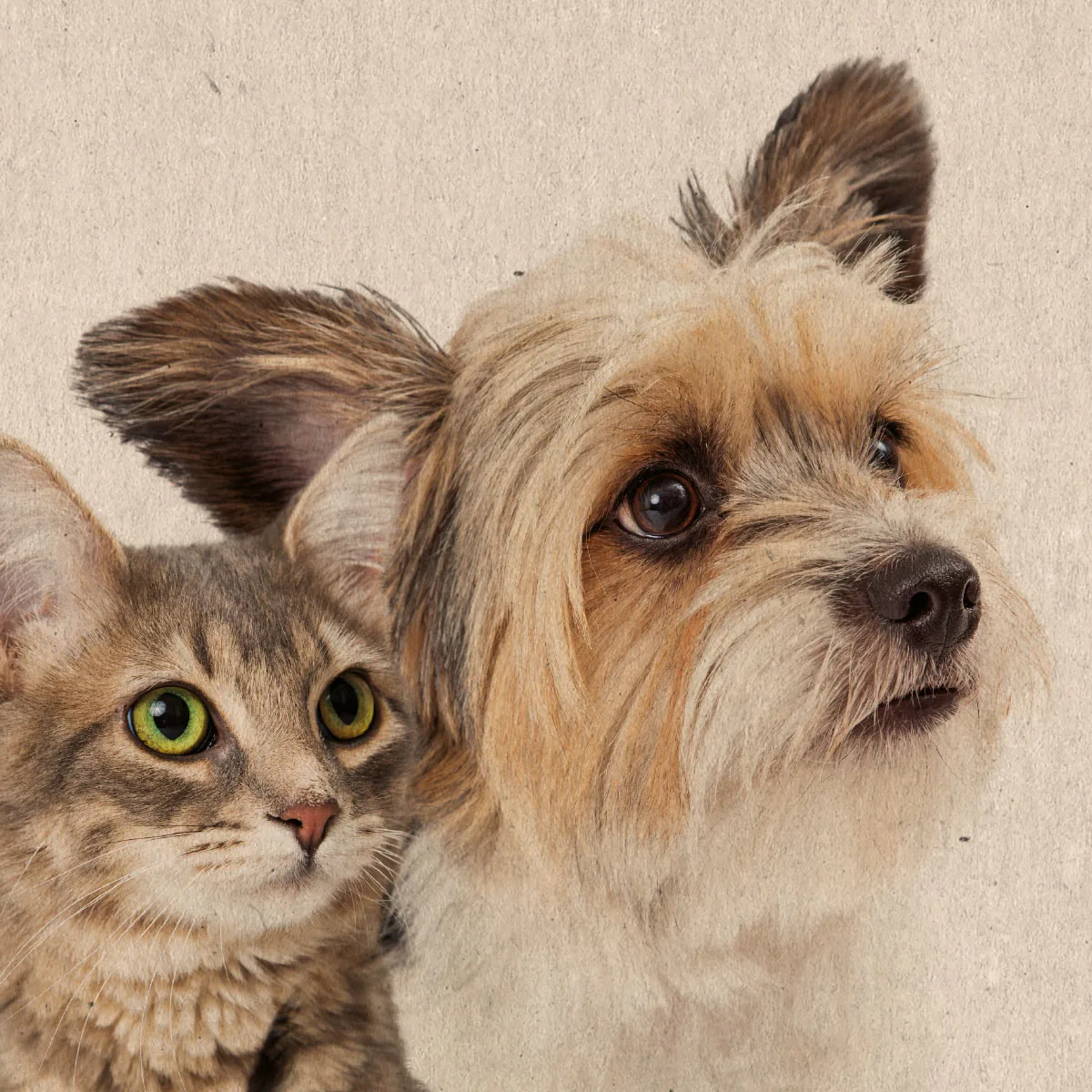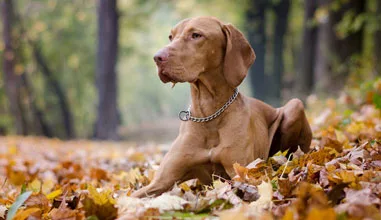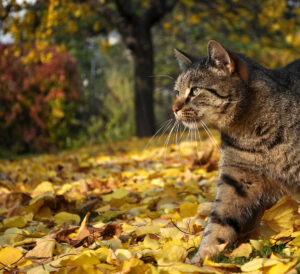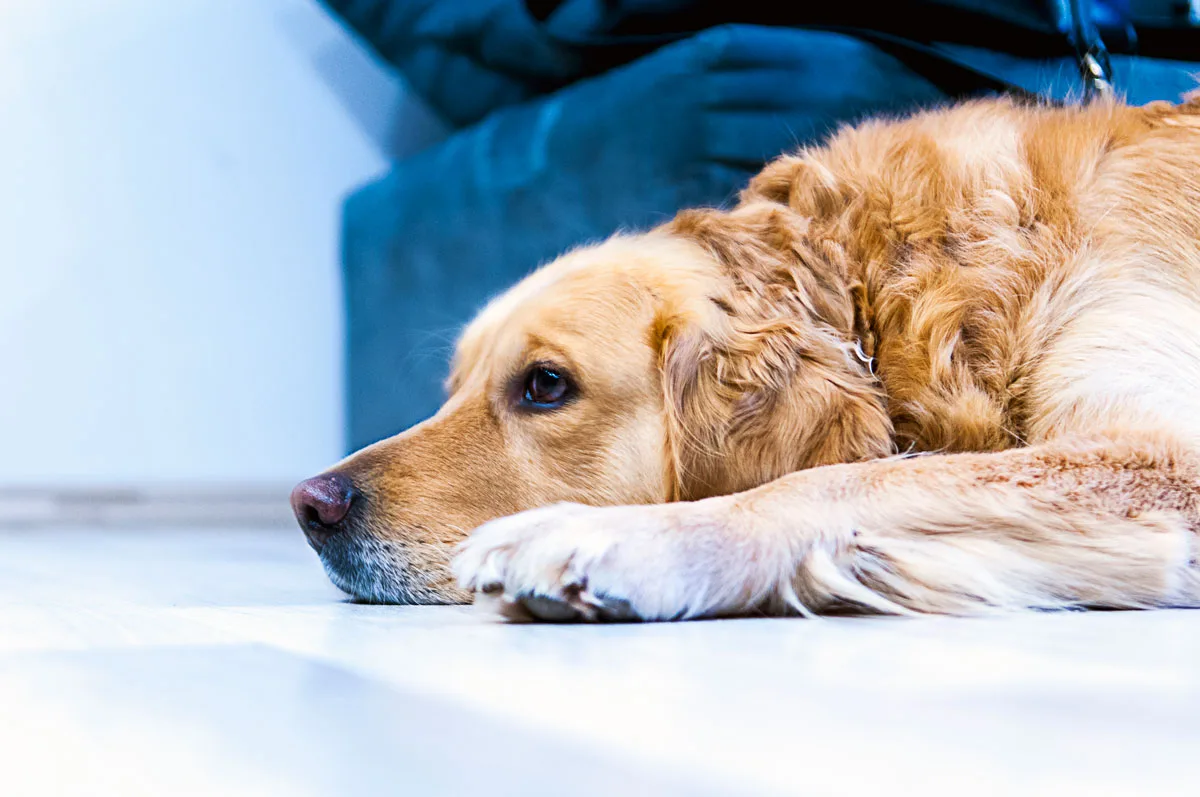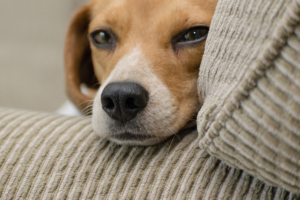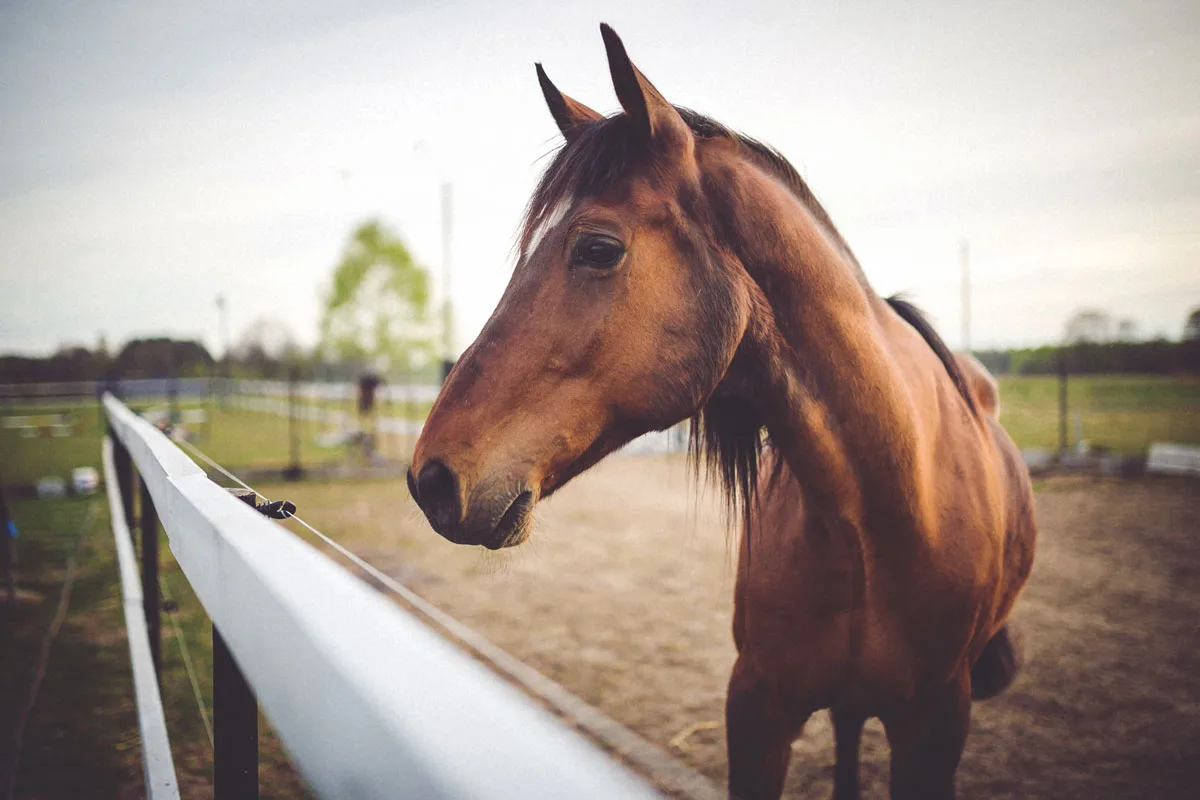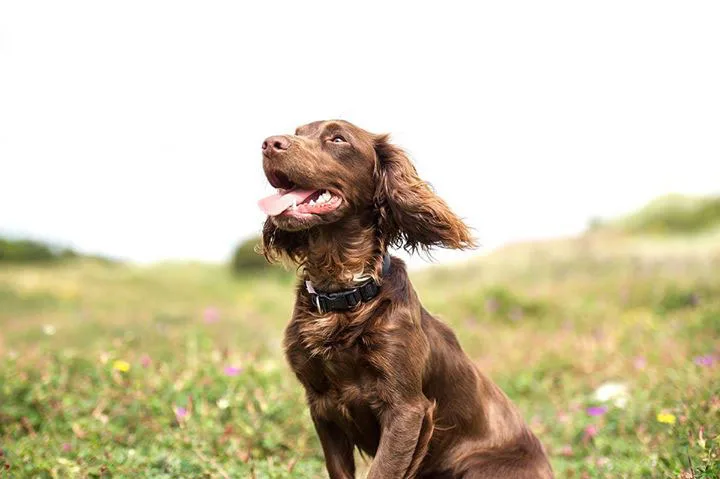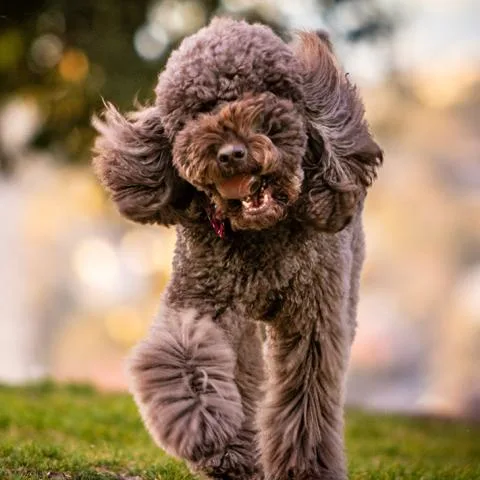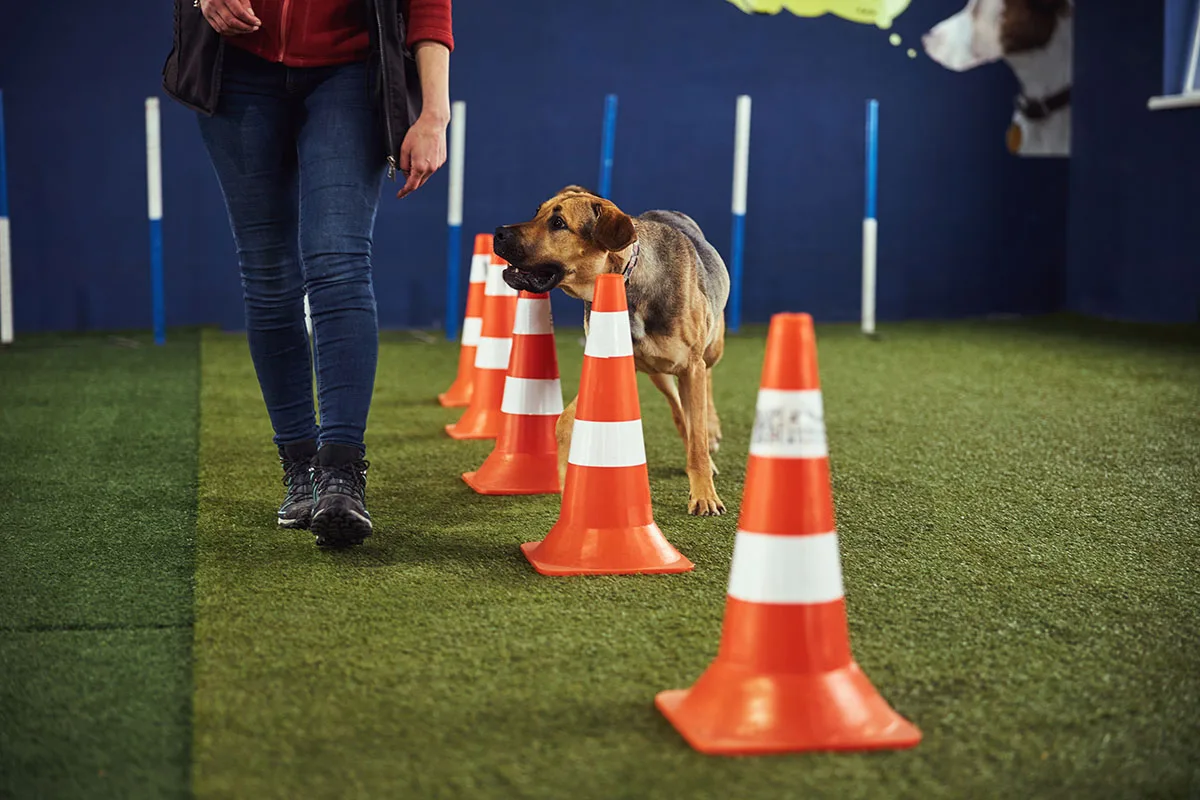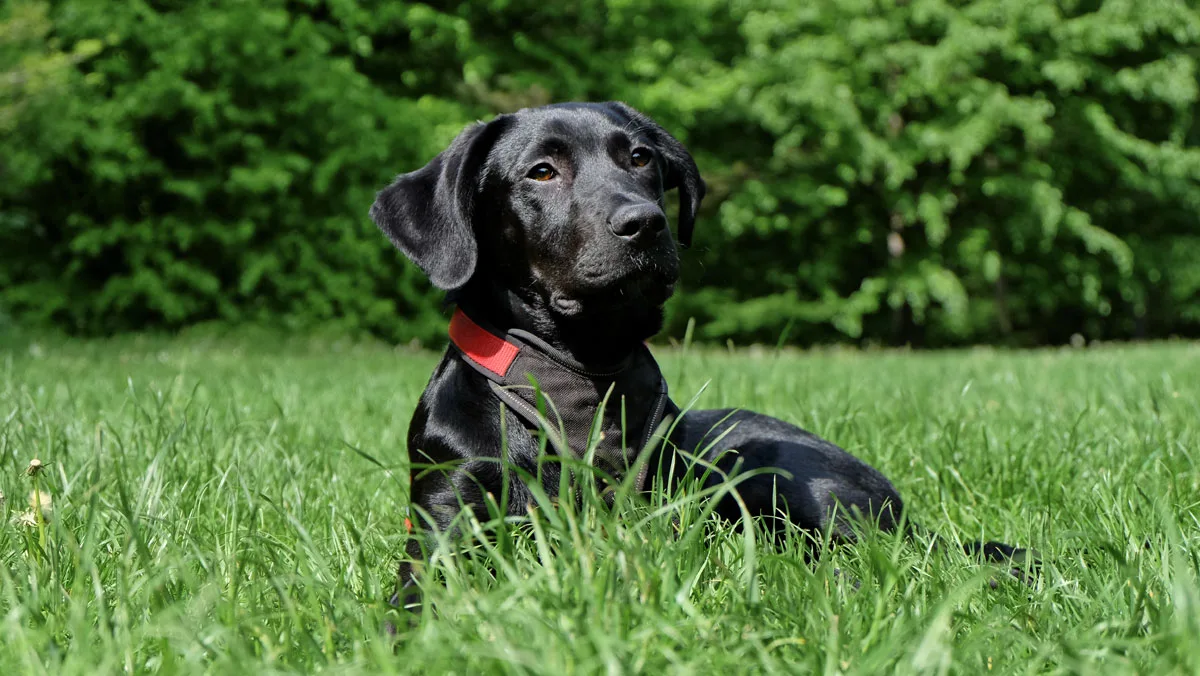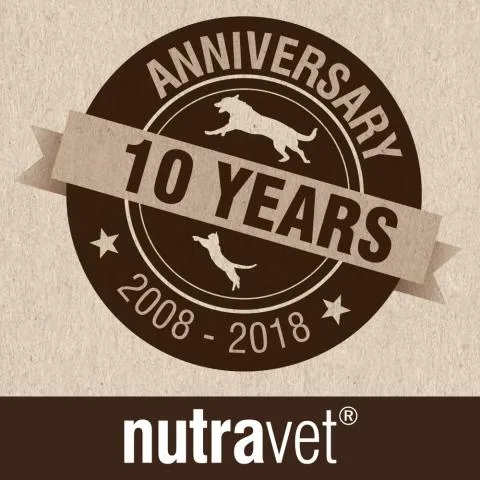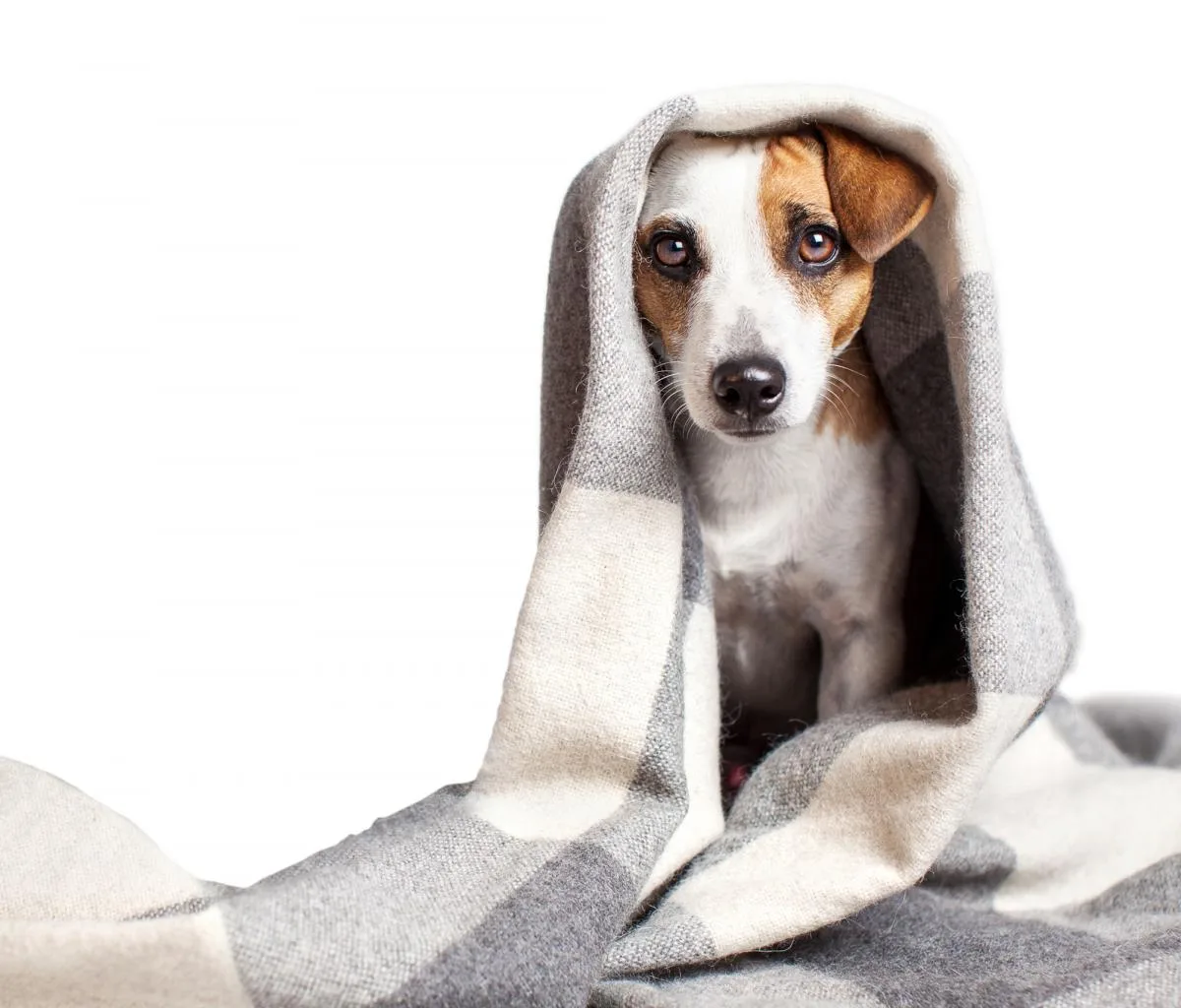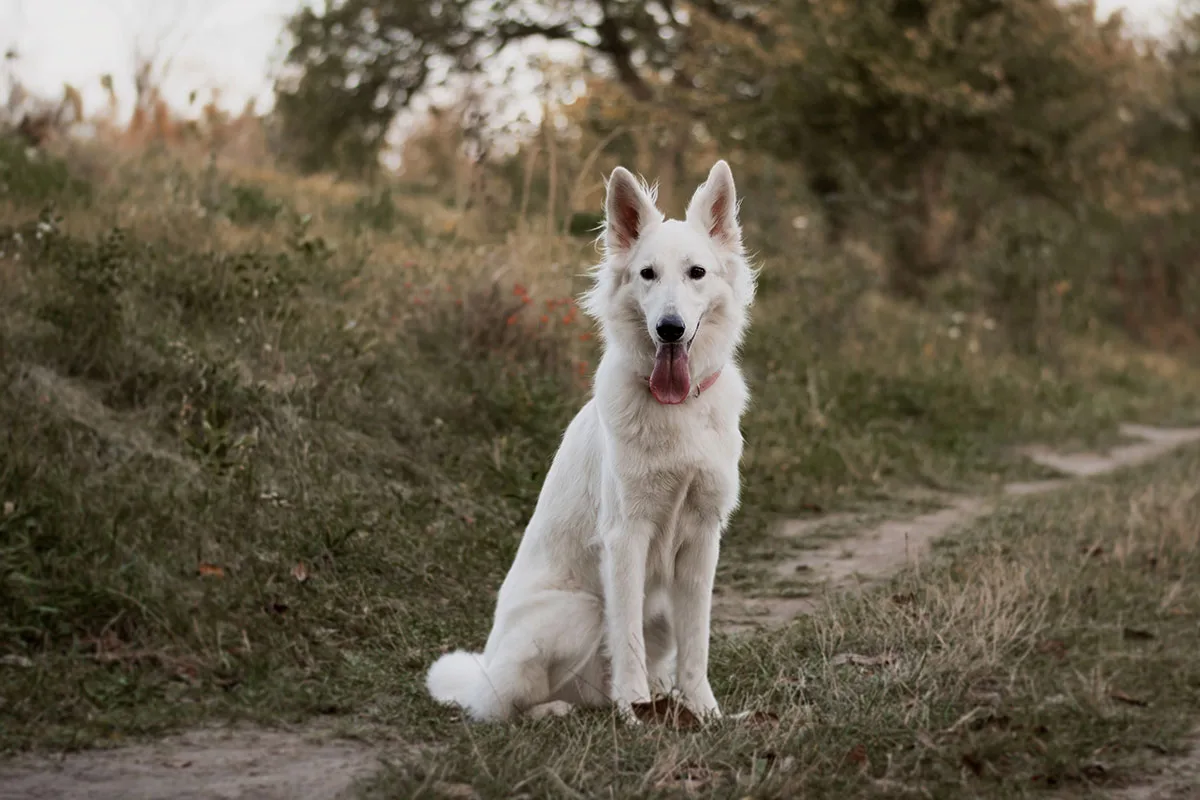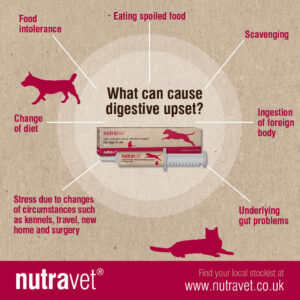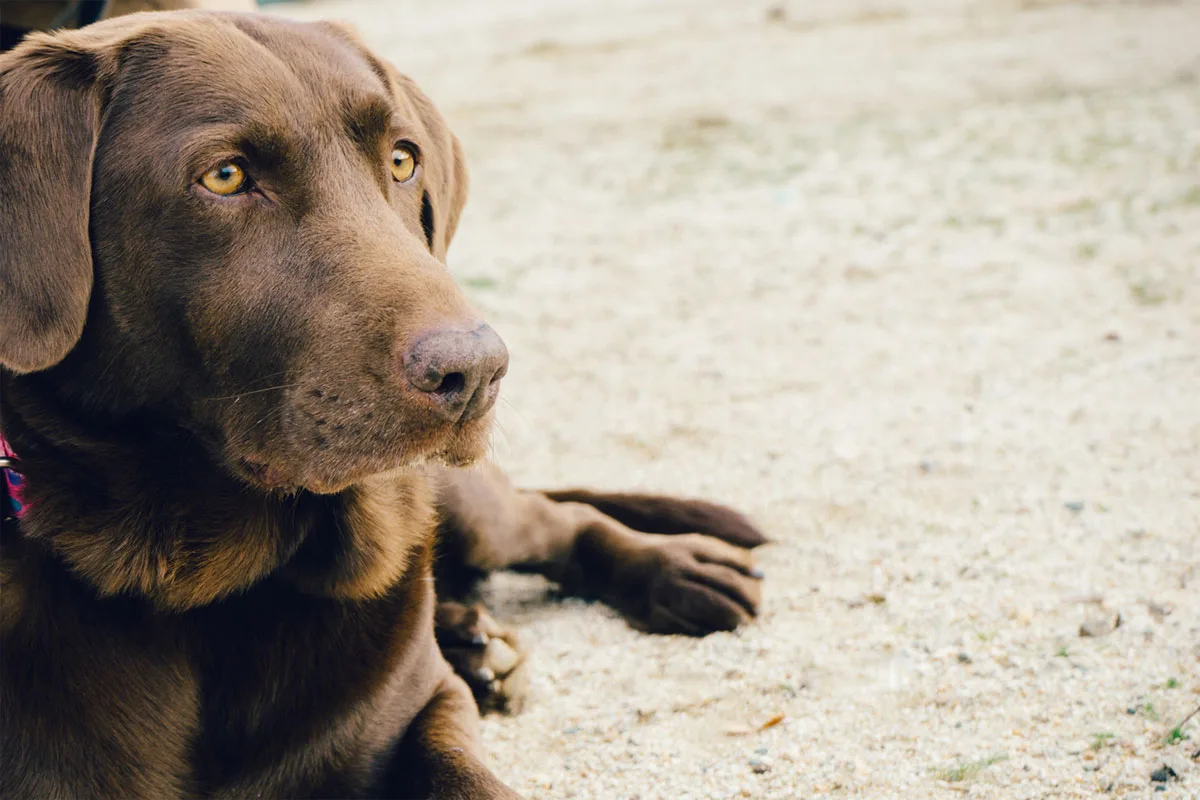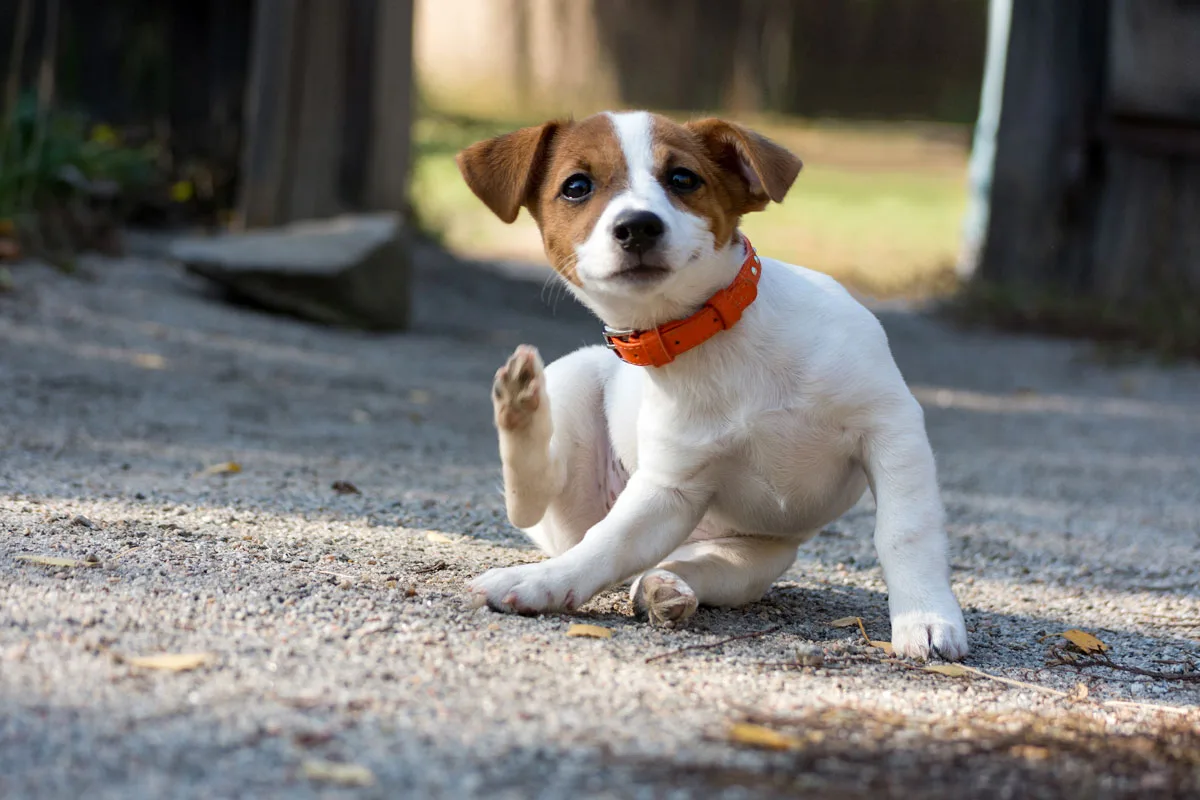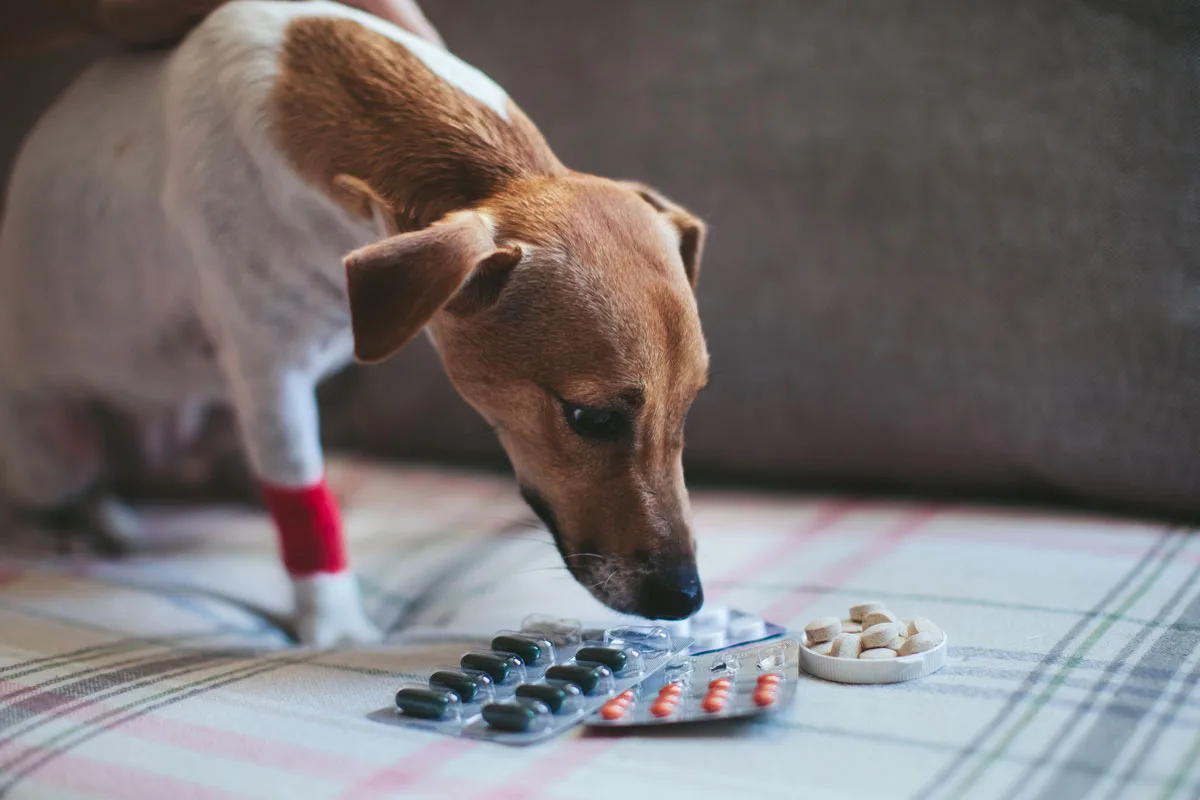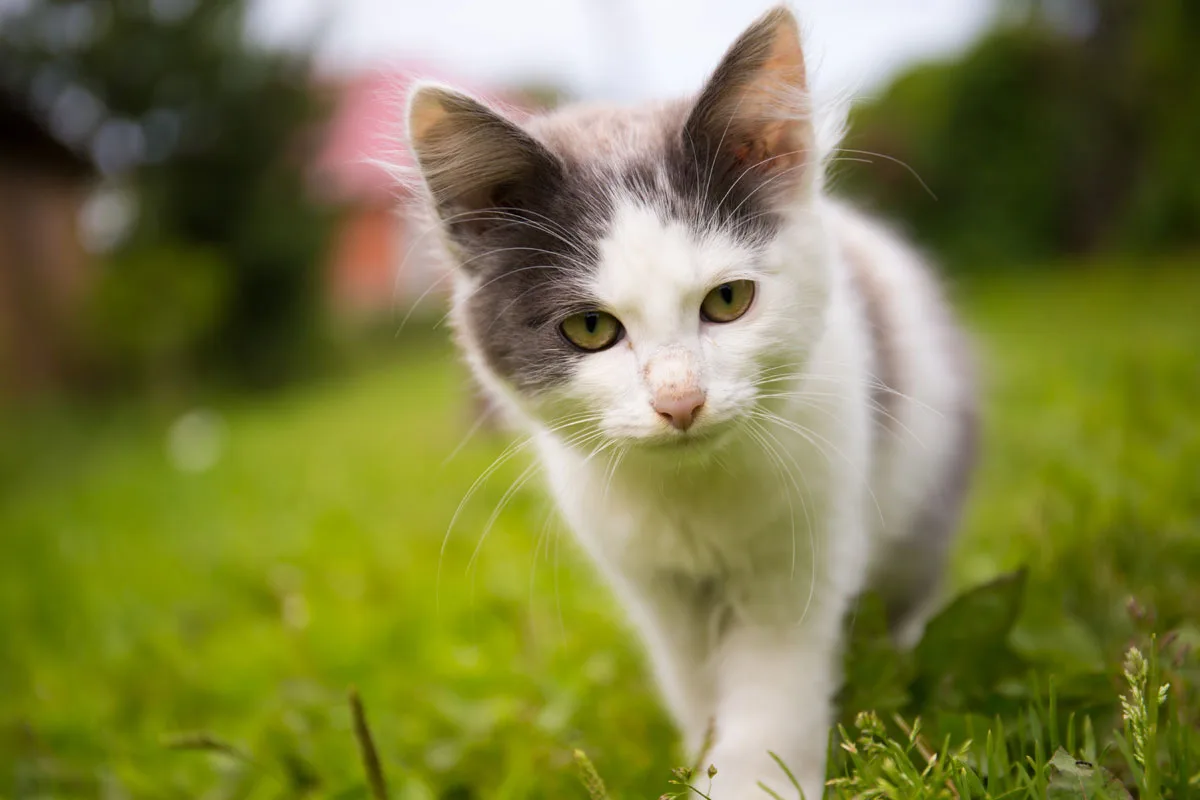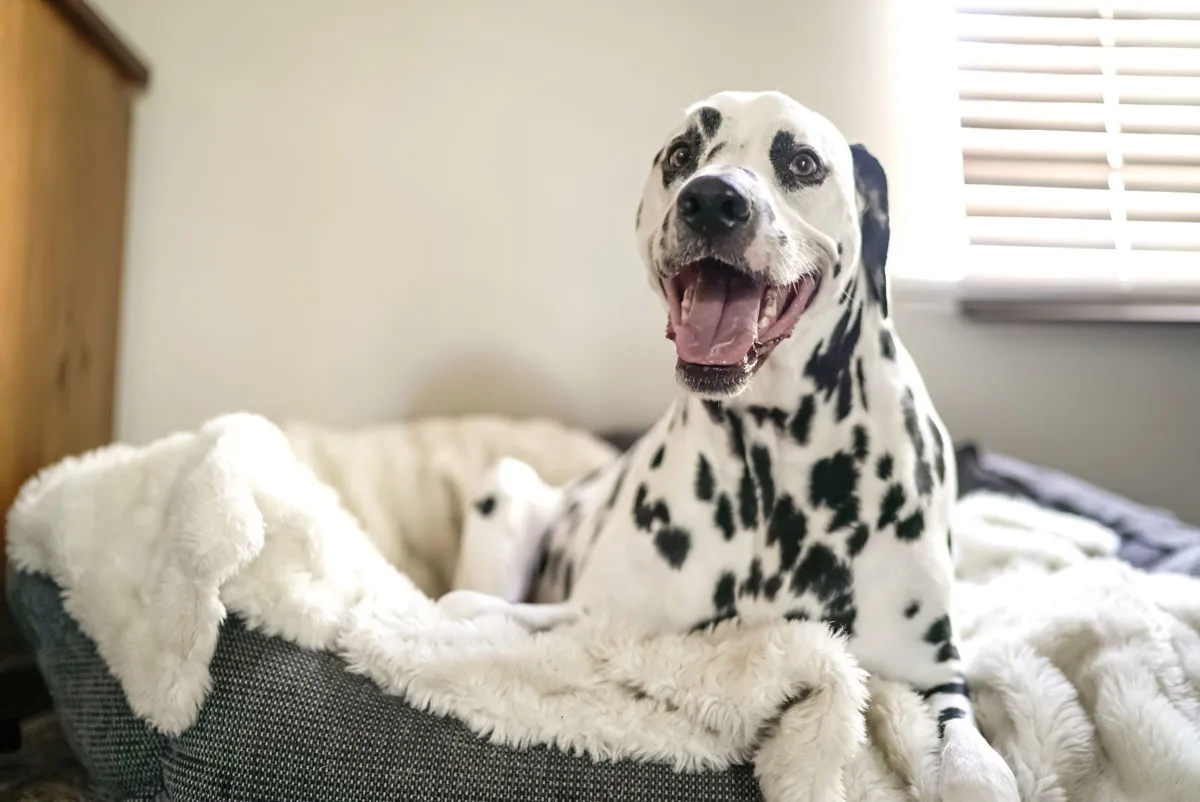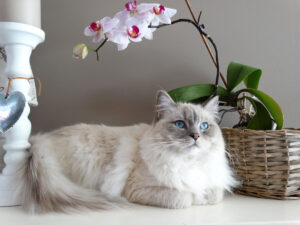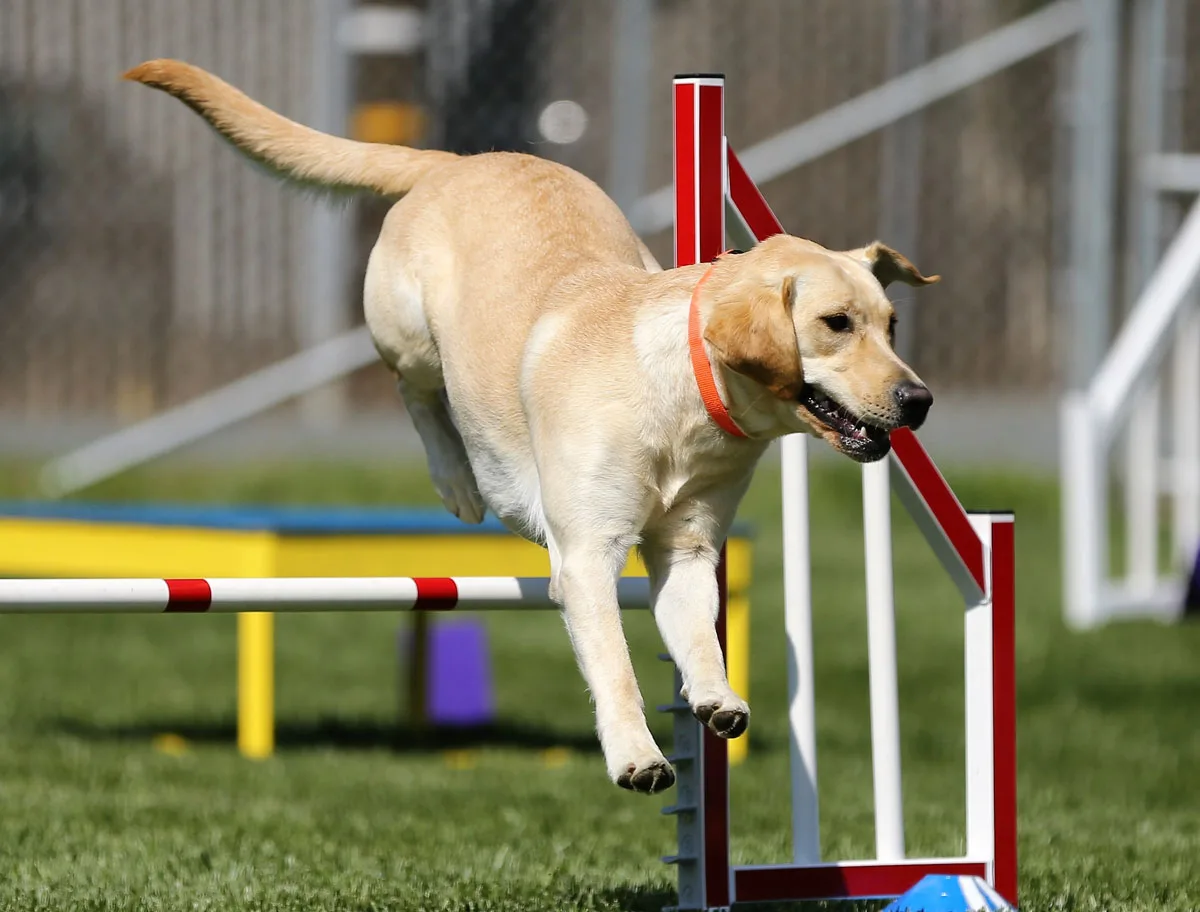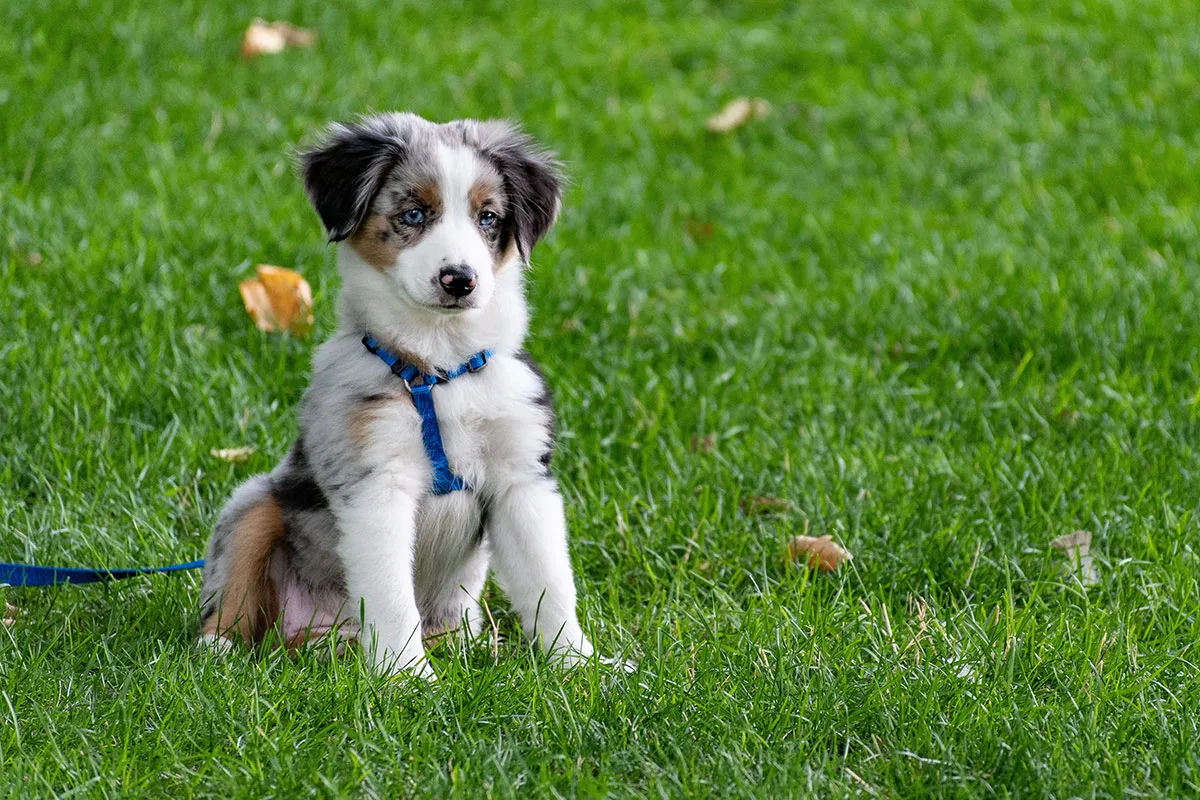
Making sure that your new pet enjoys a happy and healthy life with you is vital and natural supplements for puppies can support their health.
It’s an absolute delight to see young puppies play fighting and gambolling around in the garden, park or in the house. In fact, this ‘play is an important part of your pet’s development both mentally and personality wise, in terms of strengthening and developing bones and other body tissues to be fit for purpose.
To further support your puppy during their early years, pet supplements can be a vital part of their diet and training. Many people are aware of the benefits of supplementation for general health and wellbeing, for example fish oils to support children’s brain development, and cognitive function and joint support supplementation in pets is no exception to this.
Supplements for puppies can help to support your pet’s joint health, brain health and reduce stress during their early years with you.
Joint care supplements
A joint supplement for dogs can aid optimum joint health during your pet’s growth. Glucosamine and chondroitin are often key ingredients found in pet joint supplements. Chondroitin sulphate combined with glucosamine can help to give extra joint protection and is also an important building block for cartilage, as well as supporting joint structure.
If you’re looking for a joint supplement for your puppy, then Nutraquin is recommended by vets throughout the UK. Nutraquin is a high strength structural support product, which contains the necessary high-quality ingredients that help to maintain healthy joint function in dogs.
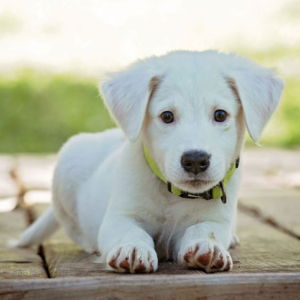
Brain health supplements for puppies
When your new puppy arrives home, it’s important to start their puppy training straight away. This will help them to settle into the new environment and get used to a new routine. Diet can play an important role in puppy training. Ensuring they get the right nutrients can help their brain development and support brain health.
Omega 3s have been shown to aid learning abilities in young puppies. Other studies have linked low blood Omega 3 with dog aggression, indicating beneficial applications of Omega 3s throughout the entire life of your pet, which can help to maintain brain health. Read our top tips for puppy training to help settle your new puppy. Nutramind contains highly refined Omega 3 from ocean sardines. It is recommended by vets throughout the UK and has been developed to provide high strength support for healthy brain function in dogs and benefit younger pets in training and learning.
Calming supplements
New pets might be anxious as they settle into their new home. New sounds and smells could all be stressful for your puppy. It’s important to ensure your puppy has time to settle and get used to its new home in its own time. Puppy separation anxiety is common when your new pet is getting used to their new environment. To help reduce stress for your pup you could introduce a calming supplement along with behavioural techniques. If you are looking for a calming supplement for your puppy, Nutracalm is specifically formulated to calm anxious pets and reduce unwanted to unruly behaviour.
Digestive health supplements for puppies
When puppies first go out on walks they may be especially curious and pick up objects in their mouth that they shouldn’t. Maintaining healthy digestive function for your puppy helps them to lead a happy and healthy life. There are many reasons that your puppy may suffer from digestive imbalance, which includes, scavenging, stress, food intolerance, changes in diet or eating spoiled food. Nutrabio is a naturally formulated paste for dogs in need of digestive support.

